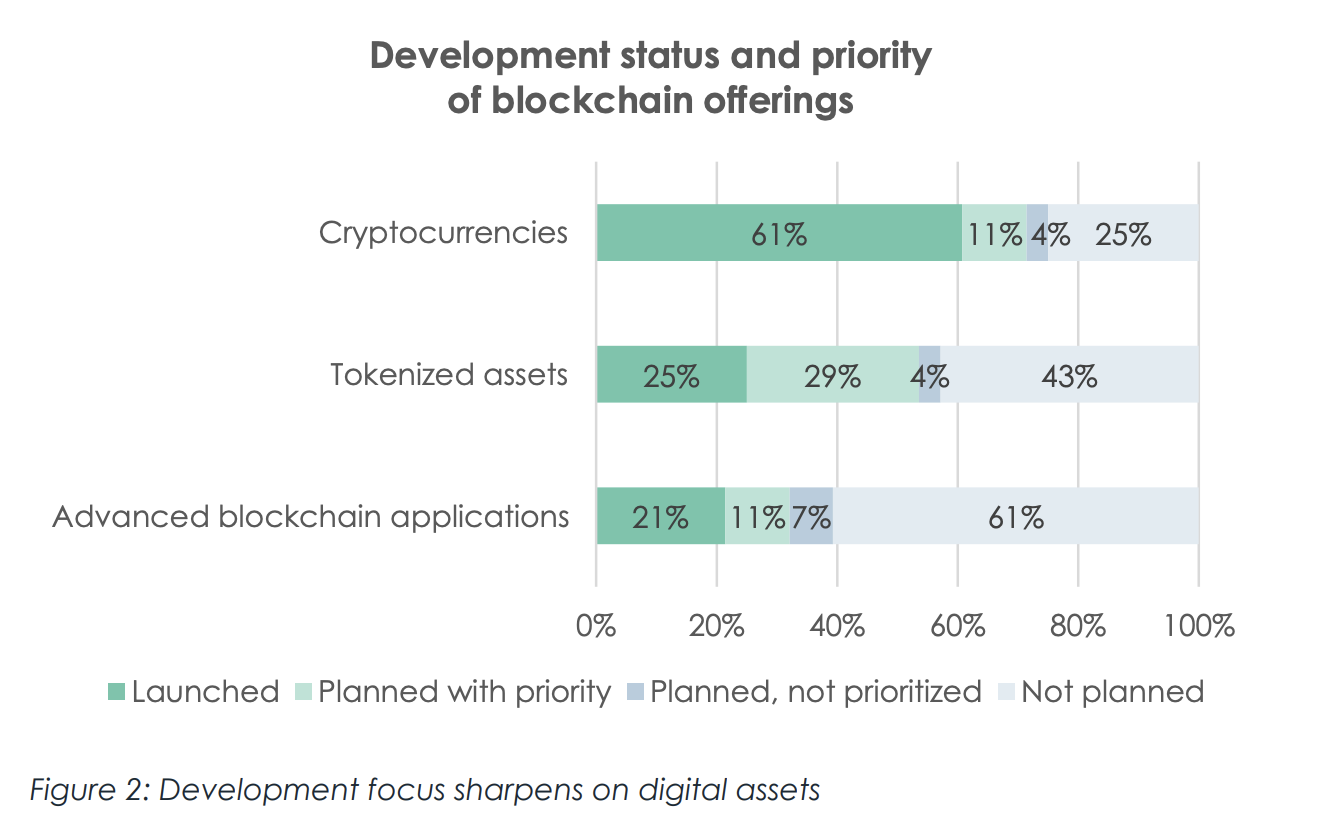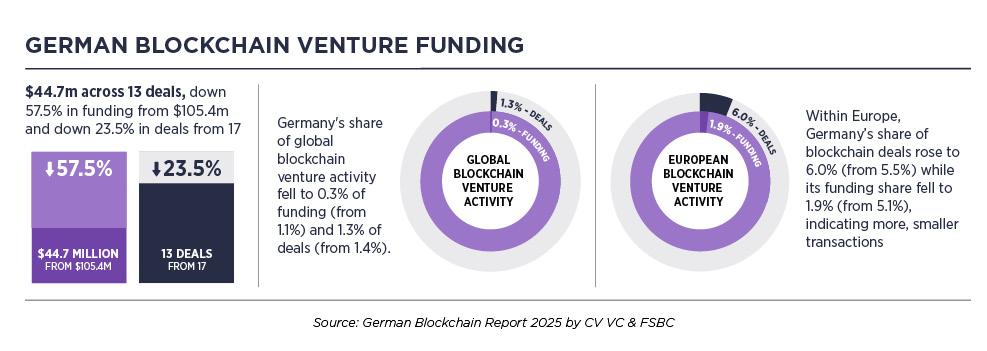Martin Armstrong Frames the Issue
Famous market forecaster Martin Armstrong wrote a recent article describing the current situation in Europe. Similar to our article, “Trouble Brewing in the EU”, the Armstrong’s piece discusses growing discontent and fractures in the E.U. Martin Armstrong observes that,
“The EU leadership is really trying to make Great Britain pay dearly for voting to exit the Community. Like the socialists in American, it’s our way or no way. The left may call the right the “deplorables” but the left are the “intolerables” who refuse to ever consider they might be wrong.”
Brexit was one of the most shocking events of 2016 that the mainstream media pundits failed to predict. The British people choose to leave the E.U. because they were tired of the bureaucrats in Belgium dominating their lives. As we have reported on in prior articles, the EU parliament influences 70 to 80% of the laws passed in each country of the EU. The globalist agenda is having a far larger impact on Europe than it currently does on the United States. Martin Armstrong continues,
“The EU constantly repeated motto of a federalized Europe will less the risk of war but nobody else takes this seriously outside of Brussels. The “European Project” is creating the resentment that fuels war. With this policy in place, the Community has refused to listen to anyone but themselves. This has led to small issues festering and creating resentment which grows into a huge problem and Brexit that has spun Frexit and all the rest.”
Tensions Building
Tensions in the E.U. began in 2008 with the U.S. housing crisis. Declines in asset values across the globe resulted in the collapse of Iceland’s banking system and quickly spread to Greece, Ireland and Portugal during 2009. What started out as a banking crisis in the periphery markets quickly became the European Sovereign Debt crisis. By the end of 2009 Portugal, Cyprus, Ireland, Spain and Greece were all unable to refinance their sovereign debts.
E.U. members such as Germany and France suddenly found themselves responsible for picking up the debts of the poorer E.U. members. The bureaucrats in Belgium also mandated austerity on the struggling nations which contributed significantly to discontent in the E.U. The crisis calmed down in 2012 due to massive interventions from the European Central Bank. The actions failed to spur growth in the continent but did help to address investor’s concerns around solvency.
| Rise of the Conservative Parties
The years following the crisis saw the creation of conservative leaning political parties, very similar to the rise of the Tea Party in the U.S. In 2012 the Greek nationalist party Golden Dawn went from 0 to 21 seats in Greek Parliament. The Alternative for Germany party started in 2013 as a protest movement against the Euro. Another turning point in the E.U. were the events following the Arab Spring. As revolution spread throughout the Middle East millions of immigrants entered the E.U. seeking asylum. Here is a chart showing the growth of net migration into Germany over the last 10 years. Immigrants in Europe have posed a significant challenge for the continent. The globalists want to seem welcoming and accepting despite the fact that Muslim communities in Germany have refused to assimilate into Germany culture. The Economist recently featured a prominent German – Muslim professor who fears that Syrian migrants will fail to assimilate.
The worries are real. At the end of 2015 on New Years Eve gangs of migrants sexually assaulted an estimated 1,200 women in cities across Germany. In Bavaria a Syrian refugee blew himself up in a concert injuring 15 people. According to the Economist the German government has even admitted that it,
|
Net migration into Germany, 2006 - 2015 |
Small Government Solution
Martin Armstrong doesn’t propose a solution and we would argue that the only solution for the E.U. is to let the union fail. The bureaucrats will fight until the end so that they can maintain power. The media will continue to claim that the E.U. is the only thing keeping the continent from breaking out into war. The reality is that the E.U. and its policies are pushing these nations farther apart.
The quicker that the E.U. dissolves the faster each of these countries can focus on its own priorities. Nations are unique and different cultures value different things. The failure of the E.U. is not a failure of modern society. The globalists are naïve. They believe that one all-powerful entity is the ideal form of government. Small government has been proven to be the safest way to rule. Every nation including the United States should consider the success of Switzerland and its small government. They provide the ideal example of democracy in action and how to rid society of bureaucratic corruption.
Full story here Are you the author? Previous post See more for Next postTags: Belgium,Brexit,Corruption,economy,European central bank,European Union,Fail,France,Germany,Greece,Ireland,Middle East,newslettersent,Politics,Portugal,Reality,Stock market crashes,Switzerland,The Economist,Withdrawal from the European Union




























1 comments
Anonymous
2017-10-27 at 19:14 (UTC 2) Link to this comment
What are the top 3 leaders of non-native residents in Germany? (highest populated)